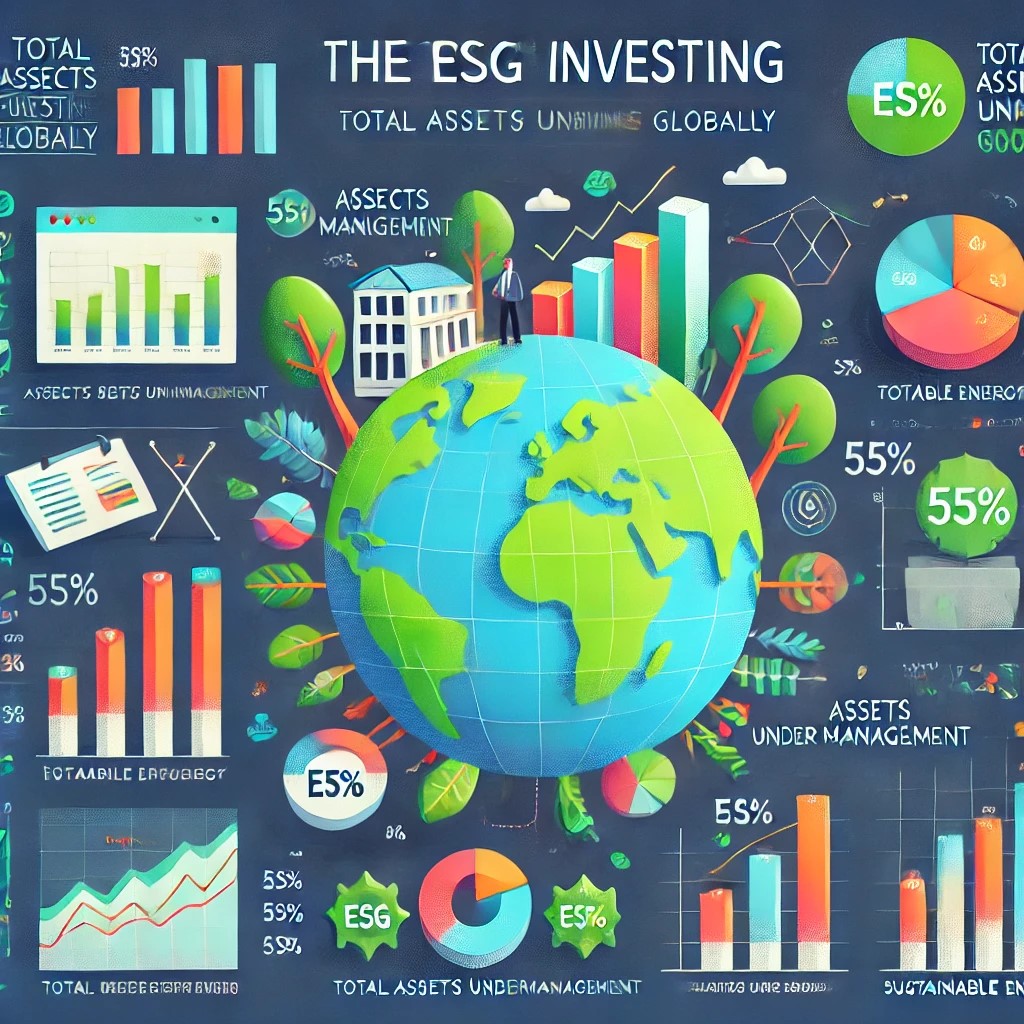In an era where the digital transformation of industries is inevitable, the finance sector stands on the brink of a silent revolution, propelled by blockchain technology. This revolutionary technology, best known for underpinning cryptocurrencies like Bitcoin, is now redefining the very essence of trust in finance. With its inherent characteristics of decentralization, transparency, and immutability, blockchain is poised to overhaul traditional financial systems, making them more secure, efficient, and inclusive. This article explores the transformative impact of blockchain on the financial industry, the challenges it faces, and the future it promises.
At its core, blockchain is a distributed ledger technology that records transactions across multiple computers in such a way that the registered transactions cannot be altered retroactively. This feature not only enhances security but also significantly reduces the possibility of fraud, a persistent issue in the financial sector. Moreover, the decentralized nature of blockchain eliminates the need for intermediaries, such as banks and other financial institutions, in transaction processes. This not only speeds up transactions but also lowers the costs associated with them, democratizing access to financial services.
Blockchain's impact on the financial industry is multifaceted. One of the most notable applications is in cross-border payments. Traditionally, these transactions are slow and laden with high fees due to the involvement of multiple intermediaries. Blockchain technology, with its ability to facilitate peer-to-peer transactions, promises to make these payments faster and cheaper. Additionally, blockchain is revolutionizing the concept of 'smart contracts'—contracts that are automatically executed when predetermined conditions are met. This automation potential extends to various financial services, including loans and insurance, enhancing efficiency and reducing the scope for disputes.

However, the integration of blockchain into the financial sector is not without its challenges. Regulatory uncertainty is a significant hurdle. The global nature of blockchain and its ability to transcend borders pose a challenge to national regulatory frameworks, which are often slow to adapt to technological innovations. Additionally, there are concerns about scalability and the environmental impact of blockchain technology, particularly the energy-intensive process of mining cryptocurrencies.
Despite these challenges, the future of blockchain in finance looks promising. Innovations in blockchain technology continue to emerge, addressing issues of scalability and environmental sustainability. Furthermore, as regulatory bodies around the world begin to recognize the potential of blockchain, we are likely to see more supportive frameworks that foster its growth.
In conclusion, blockchain technology is at the forefront of a silent revolution in the finance sector, redefining the notion of trust through its decentralization, transparency, and immutability. While there are hurdles to overcome, the potential benefits of blockchain—enhanced security, efficiency, and inclusivity in financial services—are too significant to ignore. As we move forward, blockchain is set to play a central role in shaping the future of finance.





